Contact center of the Ukrainian Judiciary 044 207-35-46
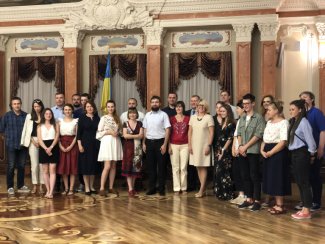
The Supreme Court was visited by participants of the international educational project on training human rights defenders and lawyers from the Republic of Belarus – BISH (Bring International Standards Home) founded by the Barys Zvozskau Belarusian Human Rights House and implemented in cooperation with the Educational Human Rights House in Chernihiv with the assistance of the Ukrainian Helsinki Human Rights Union.
Within the Project session, the foreign lawyers met with judges of the Supreme Court, who had previously worked in the sphere of advocacy, law-enforcement and scientific activity.
Arkadii Bushchenko, judge of the Criminal Cassation Court within the Supreme Court, and judges of the SC Grand Chamber Nataliia Antoniuk, Tetiana Antsupova, Dmytro Hudyma, Olena Kibenko, Leonid Loboiko and Vitalii Urkevych told about their own professional experience in scientific and law-enforcement sphere, where they had worked before starting working as judges, and noted that combining representatives of different legal professions in the same judicial unit had been justified and effective.
Nataliia Antoniuk remarked that professional discussions among judges while taking decisions let take rightly reasoned decisions – in their motivation answers to most of questions on behalf of society and legal environment were laid.
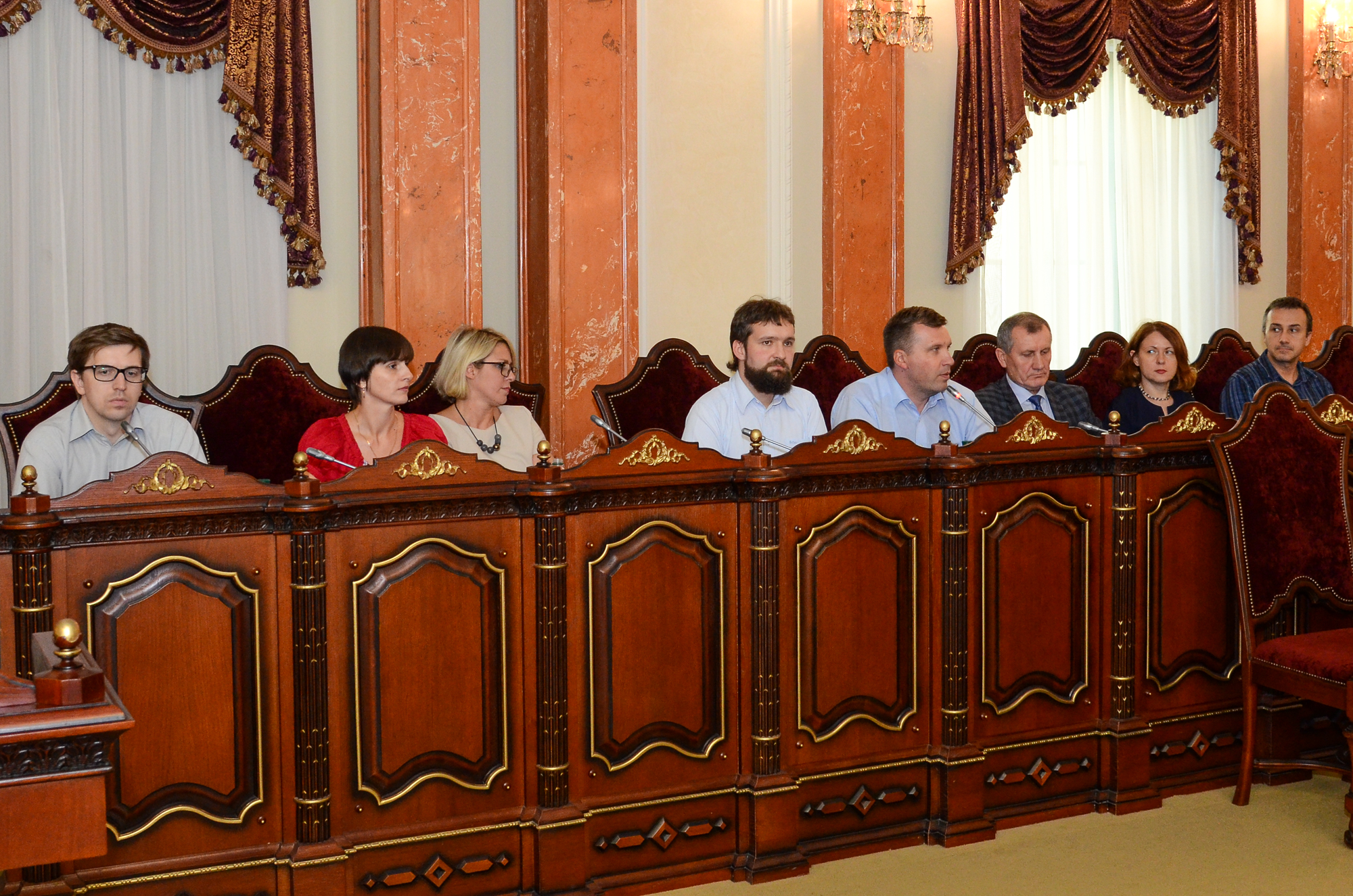
Leonid Loboiko also added that in case of necessity judges were able to apply to the Scientific and Consultative Board of the Supreme Court to get an opinion as for the application of a legal norm.
Olena Kibenko responded that there was a working group in the Supreme Court, which dealt with court management; its tasks were represented by the implementation of effective methods of the Court’s work organization, and, inter alia, the audit of internal processes.
Except for the official web-site, the Supreme Court also has a profile in Facebook and Telegram channel, where overviews of case law are published regularly. In Dmytro’s Hudyma opinion, such format of communication with society is effective.
The SC judge remarked that in such a way the Court tried to be closer to people, advocates and colleagues from lower instances, since the SC judges realized how it was complicated to orient in a number of judgments and to follow current legal positions. Ukraine’s significant progress in the development of the judicial system was also represented by the implementation of a new approach to composing judgments.
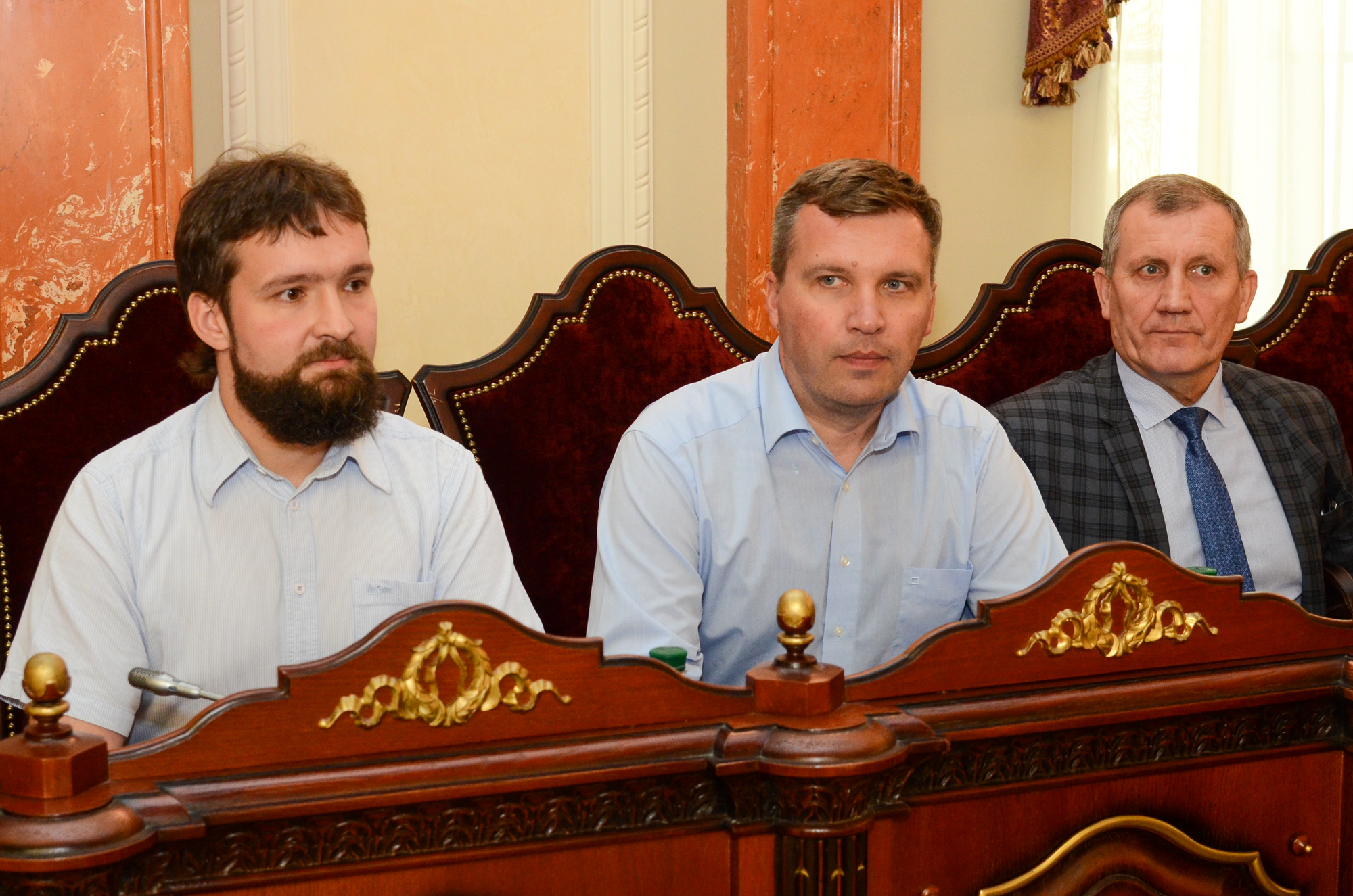
Vitalii Urkevych told about the composition and procedure of the SC Grand Chamber activity and put emphasis on the fact that the position of a judge in the highest judicial instance was very responsible, since the Supreme Court formed the case law and determined the sphere of development of the regal regulation of social relations.
According to Tetiana Antsupova, despite the excessive workload and exhaustive work pace, judges continued working on the implementation of ambitious plans and the execution of tasks for the newly established Supreme Court.
In return, the project participants shared their impressions from becoming familiar with the work of Ukrainian judicial system and discussed a range of issues on functioning of Belarusian courts.
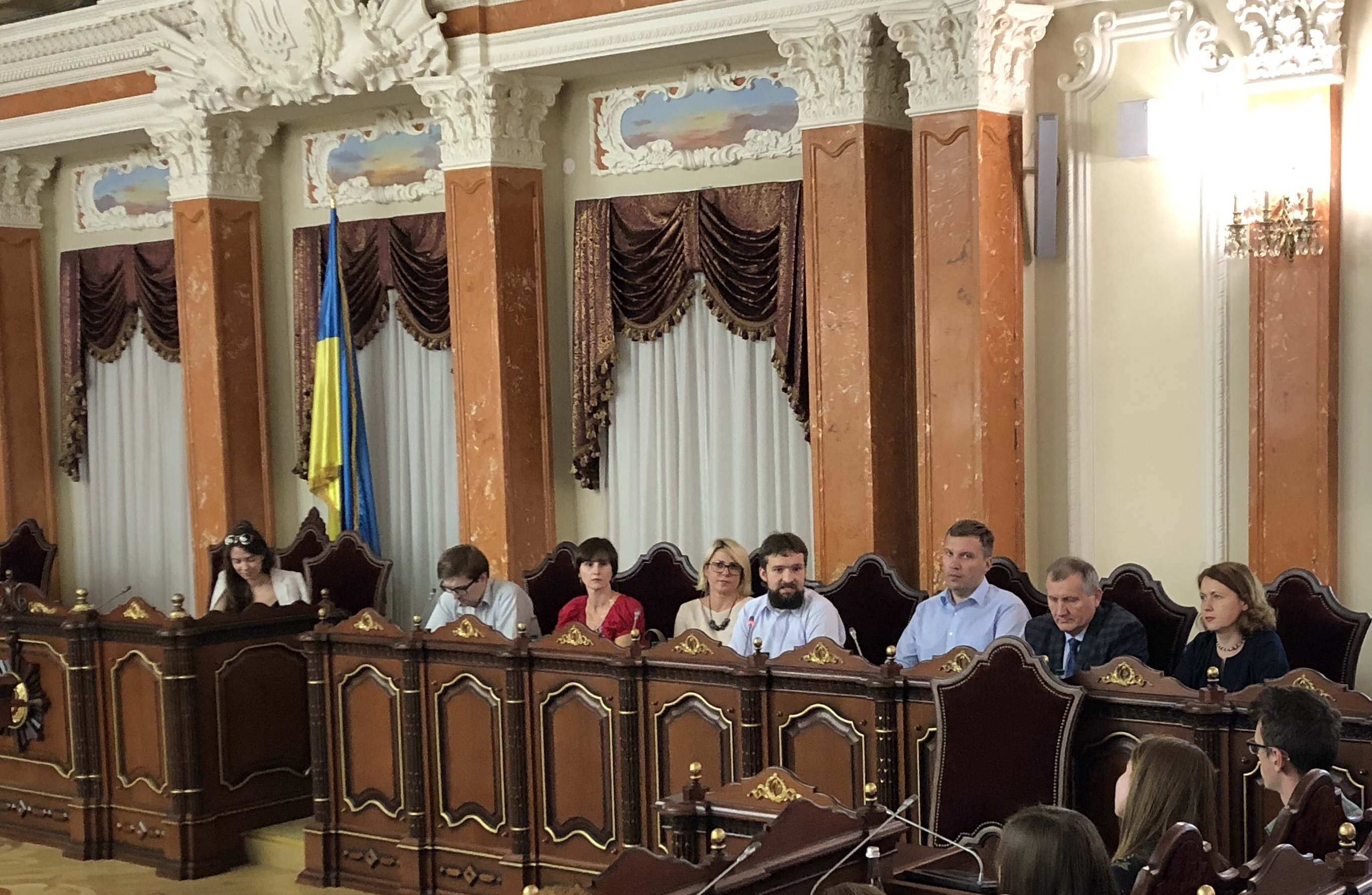 |
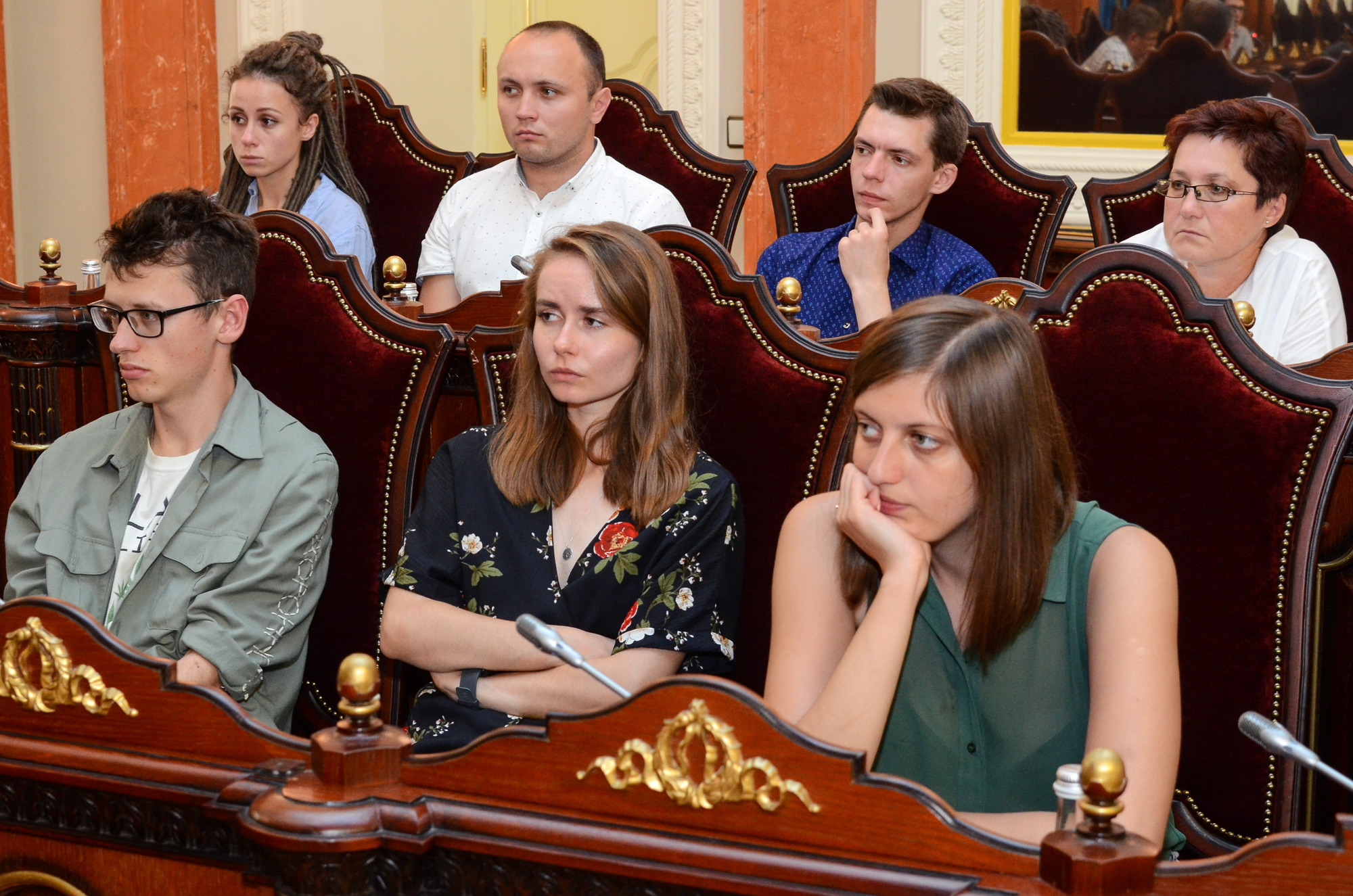 |